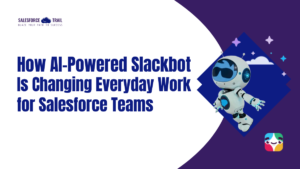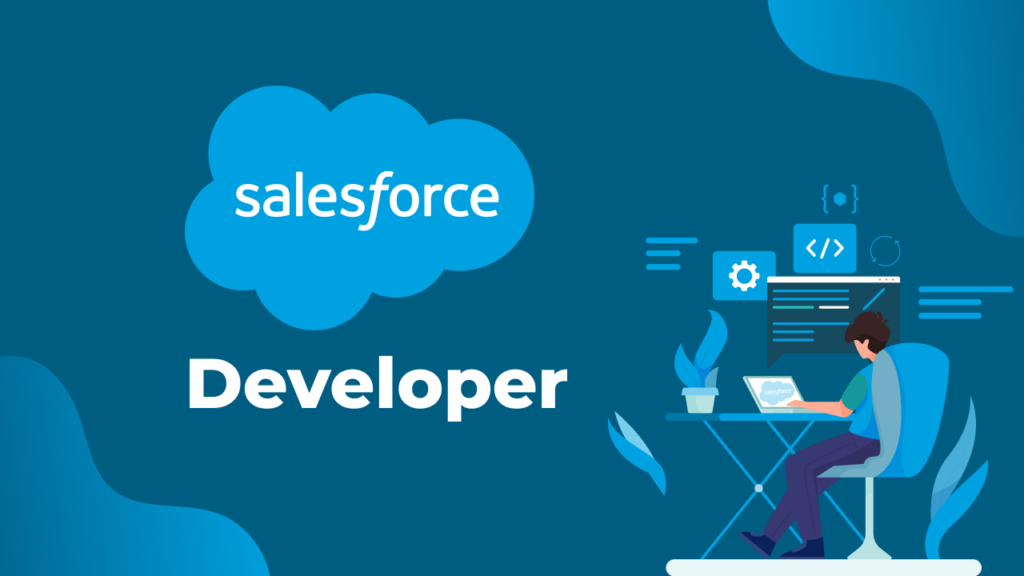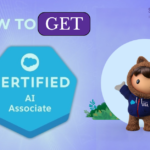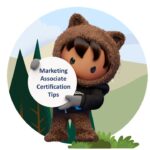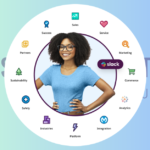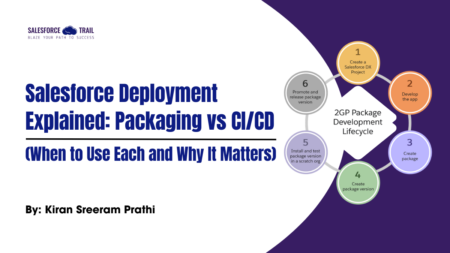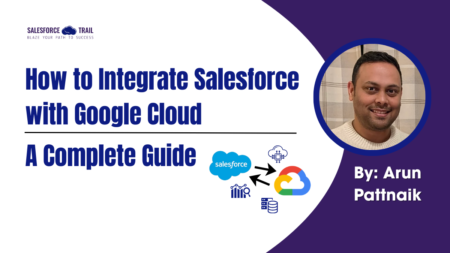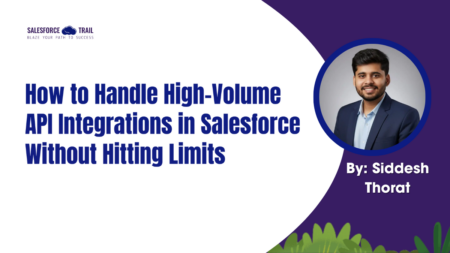It is quite nerve-wracking to prepare for the Salesforce Developer interview. The interview process can be passed successfully if you approach it systematically and use the proper resources. This guide will highlight key steps that will help you prepare well for a Salesforce Developer Interview, that covers all areas required.
What is a Salesforce Developer: Understanding in Details
So, before we go straight to the steps of preparation let us try and grab a bit about what a Salesforce Developer is, A Salesforce developer is in charge of creating and customizing the applications on the Salesforce Platform. They do this by coding in Apex, creating Visualforce pages and Lightning components, and configuring Salesforce to meet their business needs.
Step 1: Salesforce basics & beginner Guide
In this first step, we will go through the basics of Salesforce, and the learning you need to know before you begin:
- Data Model: Understanding the different types of fields (objects, fields, relationships), including the formula field.
- Security Model: Check all the profiles, permissions, and roles for different security prospects.
Salesforce Automation – Workflows, Process Builder, and Approval Processes (Salesforce Automation) Know how to define each one of these tools. - Salesforce Automation: Workflows, Process Builder, and Approval Processes (Salesforce Automation) Know how to define each one of these tools.
Step 2: Mastery of Apex and Visualforce
Primarily, Apex is a programming language central to salesforce development which implies it’s more likely than less that your interview will focus on large parts of it and visual force too.
- Apex Syntax and Structure: Understand the basics of Apex syntax, which includes data types, control statements, and collections.
- Triggers: Learn how to create and use triggers that run custom code before or after operations on the database.
- SOQL/SOSL: Study Salesforce Object Query Language (SOQL) and Salesforce Object Search Language (SOSL).
- Best Practices: Look into best practices while writing efficient, maintainable Apex code (e.g., Bulkification, avoiding governor limits)
Visualforce:
- Visualforce Pages: There is a lot to learn about creating Visualforce pages and the Visualforce Component Library
- Controllers: Learn about standard/custom controllers & methods of using them in Visualforce pages.
- Best Practices: The best practices for building Visualforce pages, including security considerations and optimization.
Step 3: Dive into Lightning Components
Lightning is the modern framework developed by Salesforce to build dynamic web applications for mobile and desktop devices. We will cover the following areas:
- Aura Components: Learn what is an aura component, bundles in aura components, and controllers/helpers.
- Lightning Web Components (LWC)- The new standard for Lightning development. Introduction to Component Life Cycle, JavaScript ES6 Features, and how to interact with Salesforce Data.
Step 4: Hands-On Practice
But the theory is not enough. Create projects and work on real-world issues to apply them. Some Practical Steps:
- Trailhead: Salesforce Trailhead, the interactive learning platform with hands-on challenges and projects.
- Participate in a Developer Org: Sign up for free Salesforce Edition, the development environment of Salesforce to get hands-on experience in application building and coding right here.
- Sample Projects: This introduces you to the basic stuff, e.g. how can we create Custom Objects, and Lightning Components which will be done by doing sample projects such as Creating Custom Object and Doing it with lighting components.
Step 5: Some frequently asked interview questions
Prepare some basic Salesforce Developer interview questions. Here are some examples:
- Look-up Relationship vs Master Detail.
- How to process a large amount of data in Apex?
- How do you track governor limits?
- Show the MVC architecture in Salesforce.
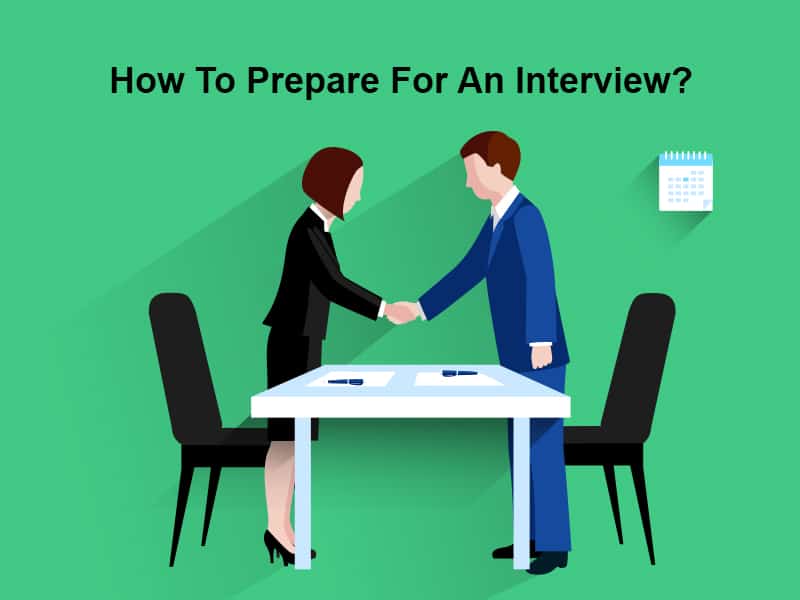
Salesforce Developer Interview Preparation Best Practices
- Stay Updated: Salesforce is ever-changing, so always be up-to-date with the latest features and best practices. Follow Salesforce blogs, forums, and also release notes to know the recent features and best practices
- Join the Community: Engage yourself with people in the sales force community by joining local user groups, attending webinars, or being part of online forums such as Salesforce Stack Exchange.
- Mock Interviews: Play mock interviews, so you become more comfortable with the format and receive feedback on your answers.
- Salesforce Official Documentation: One of the best sources for reading extensively about Salesforce.
Conclusion:
Salesforce Developer interview that encompasses a theoretical understanding, practice in the field, and an understanding of the Salesforce ecosystem. This step-by-step guide will make you ready for the interview. Never miss the latest salesforce trends and insights here given that Salesforce has always wanted to be used by this community of users as a fundamental heart for their projects – Read More: Salesforce Trail for Salesforce trending news and insights. Good luck!
FAQ
Q: Please advise the core areas to focus on as a Salesforce Developer.
A: Salesforce fundamentals, Apex, Visualforce, Lightning components, and code in real-time as well as general Interview questions.
Q: How much weight should formula fields carry in a developer interview for Salesforce?
Q: Why does Understanding Salesforce formula fields matter?
A: Formula fields are important because they often quickly transform data on the platform without any coding effort.
Q: How can I have hands-on experience in salesforce development?
A: Use Salesforce Trailhead and sign up for a free Developer Edition org, complete hands-on exercises to get started on simple projects.
Q: What resources should you tap into to stay updated on what’s happening in Salesforce?
A: Join Blogs on Salesforce at Salesforce Trail, forums about Salesforce, attend release notes conferences, and join anything related to Salesforce user groups or webinars.
Q: Are Behavioral questions in the salesforce developer interview essential?
A: Yes. Interviewers consider technical skills and cultural fit; so be prepared to talk about your work history and how you solve problems.
MUST VISIT – MY BLOGS
- Mayank Sahuhttps://salesforcetrail.com/author/mayank-sahu/
- Mayank Sahuhttps://salesforcetrail.com/author/mayank-sahu/
- Mayank Sahuhttps://salesforcetrail.com/author/mayank-sahu/
- Mayank Sahuhttps://salesforcetrail.com/author/mayank-sahu/July 17, 2024


